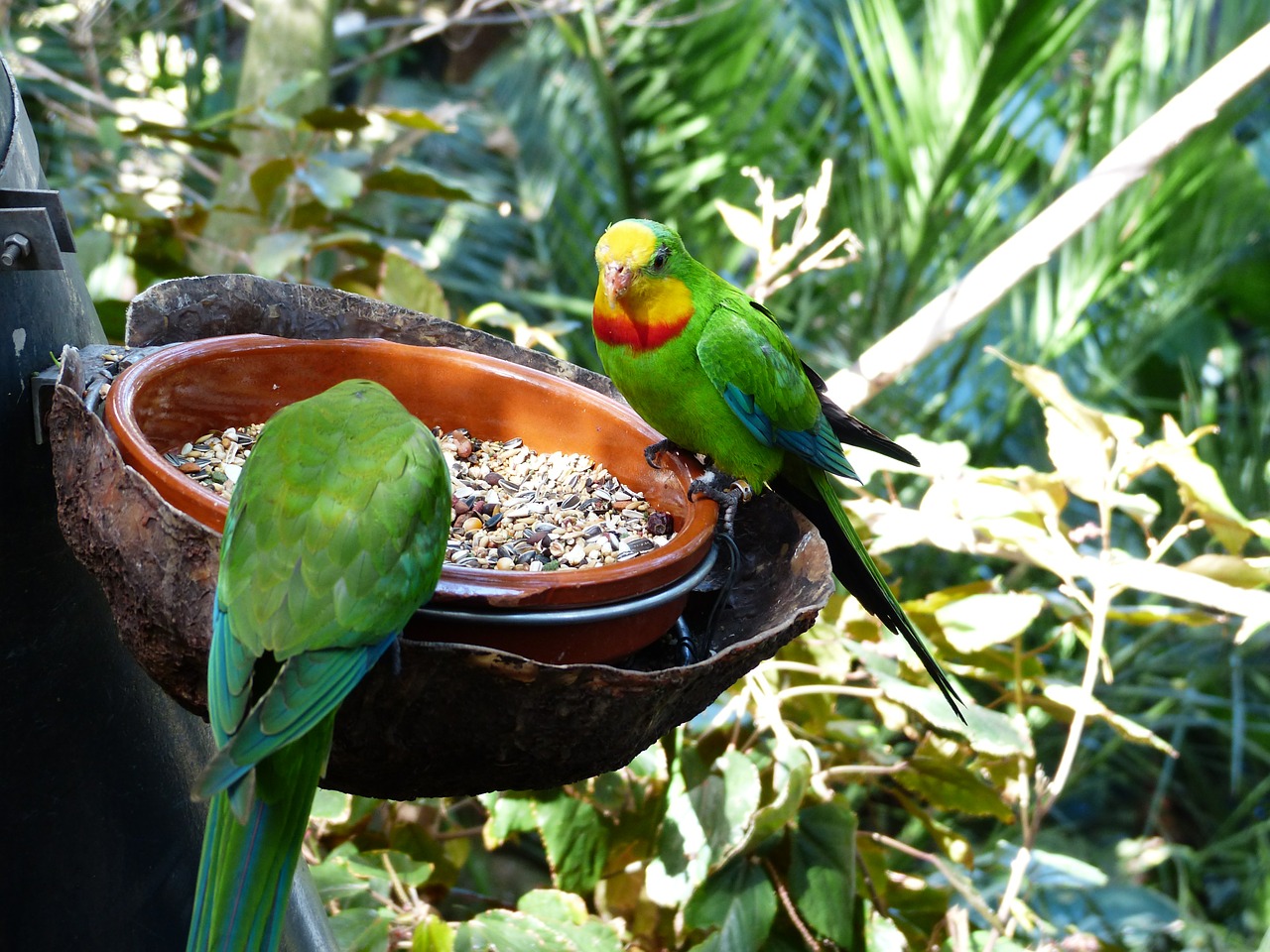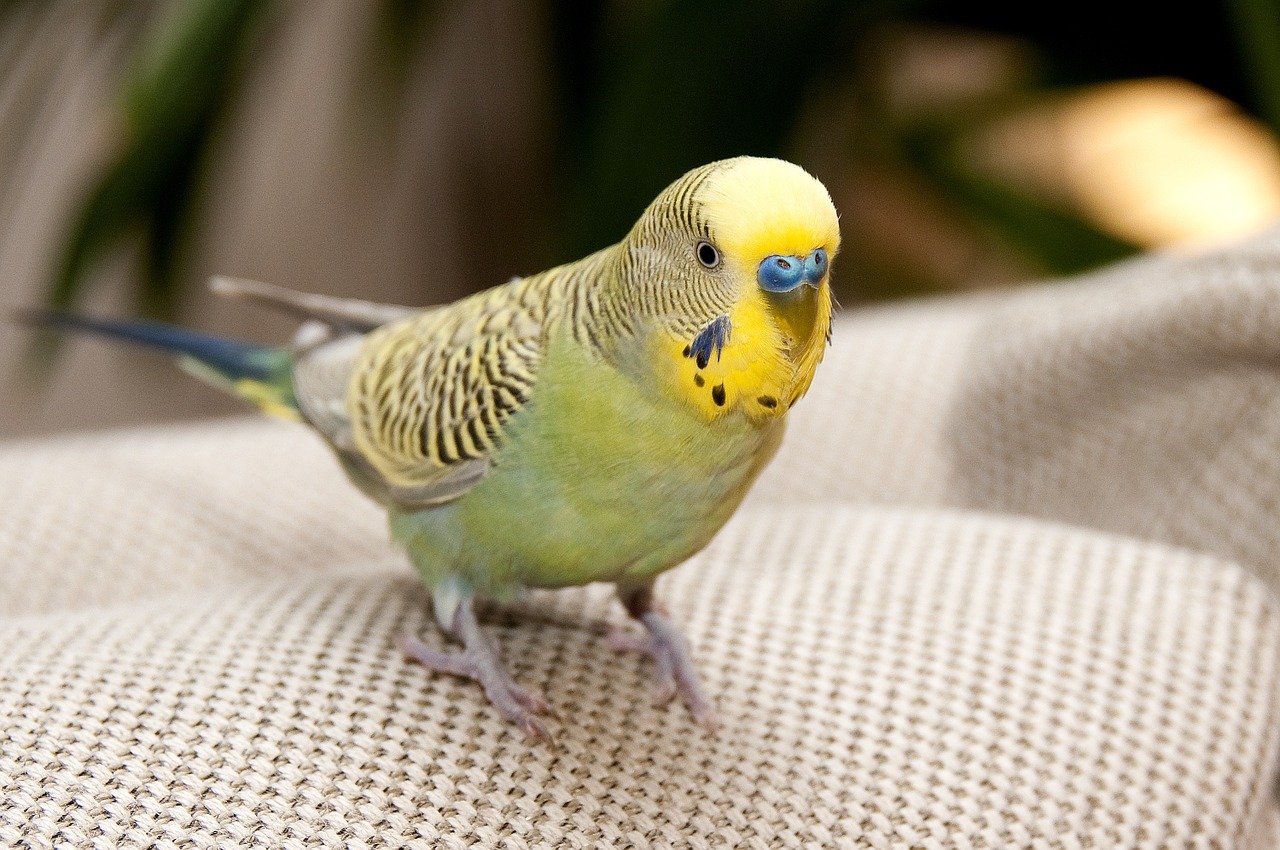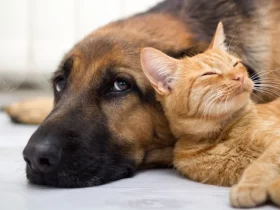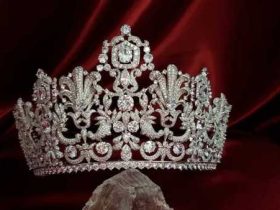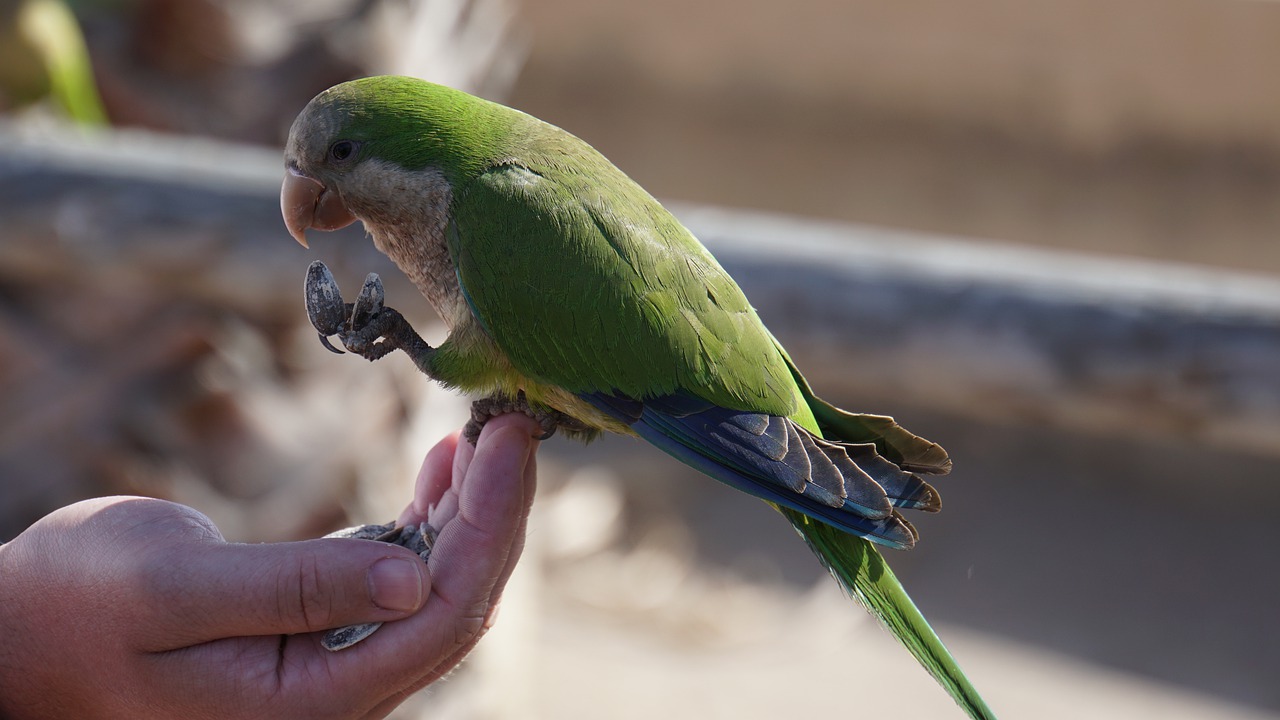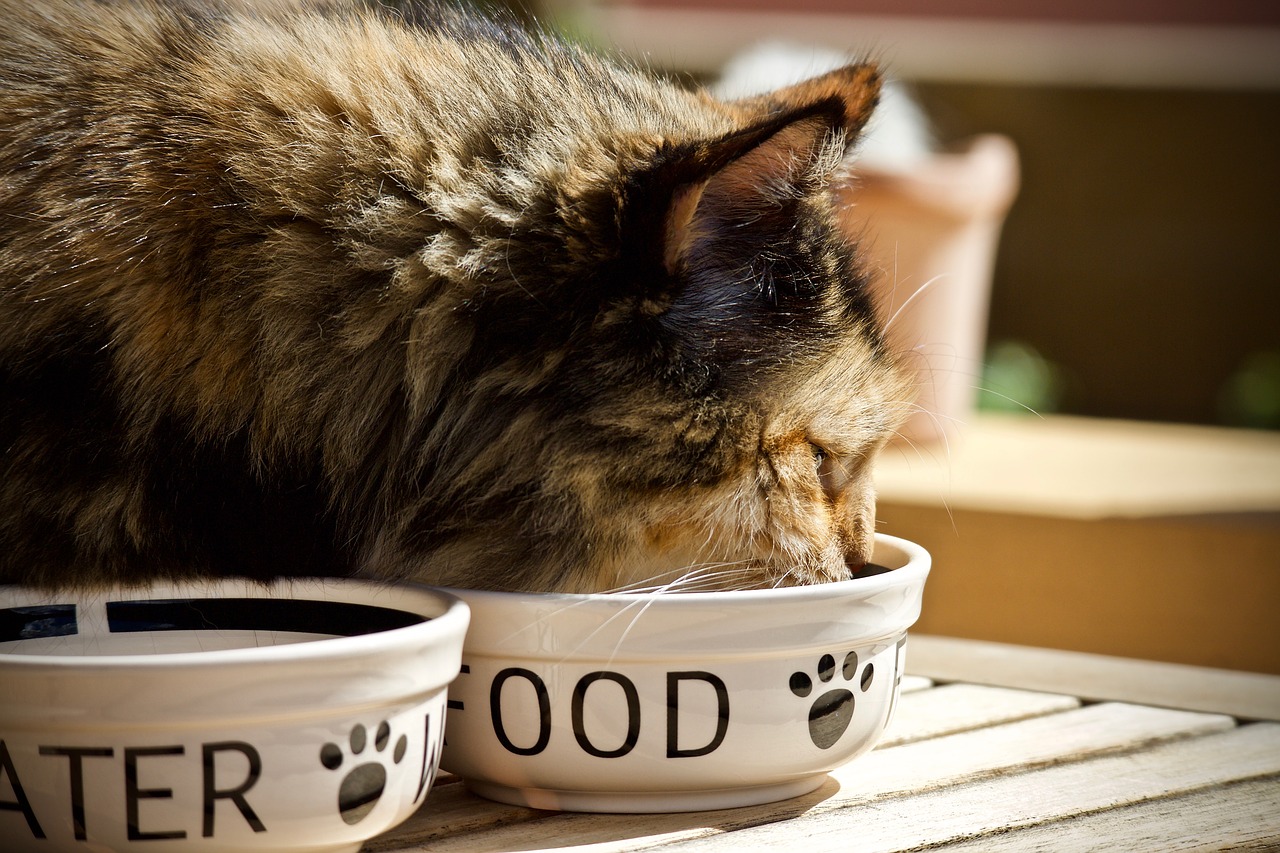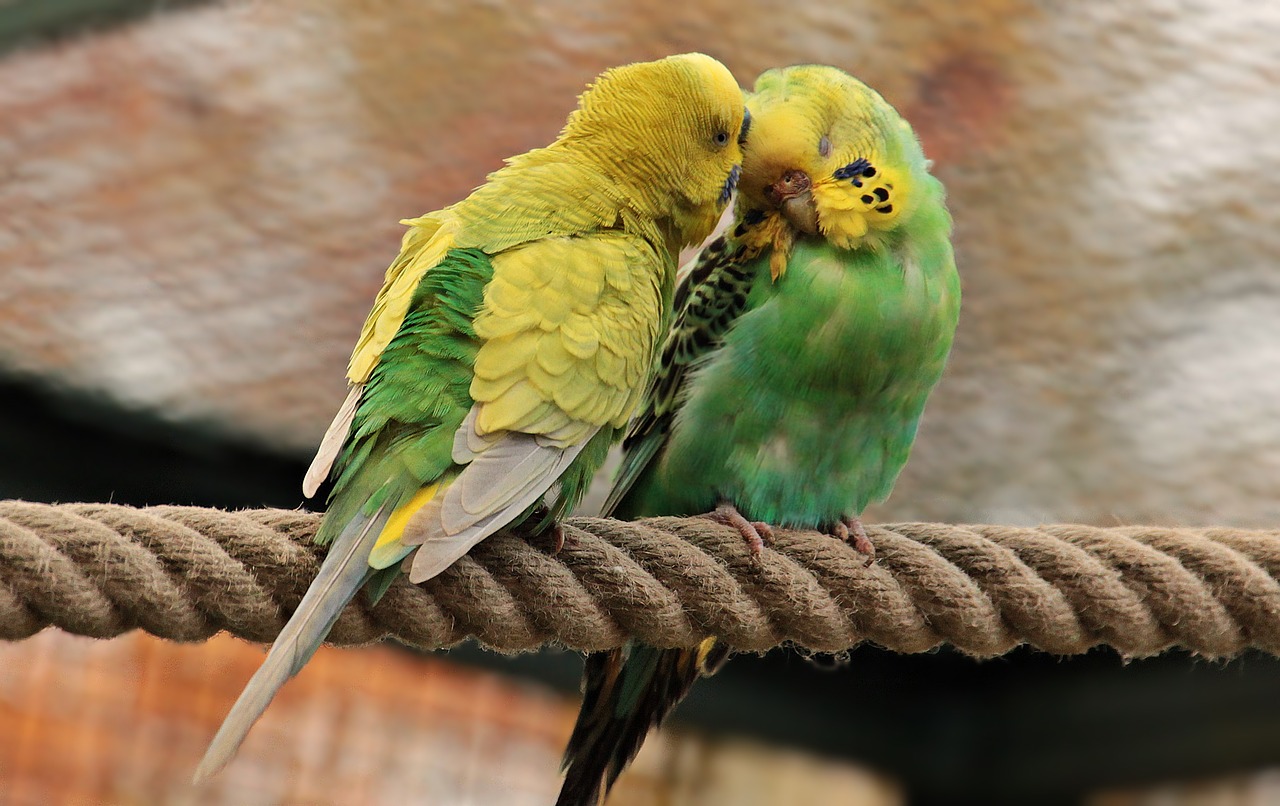You want to feed him a diet that is high in nutrition and interesting to him as well. A balanced diet is best and some vitamins are a good idea too.
The bulk of his diet should be seed mixes or pellets. Pellets are probably the best nutritionally if you can get your parakeet to eat them. Most prefer seeds, however, and you can get a high quality mix that contains canary grass seed, pats, millet, groats and panicum. The better quality seeds might also contain thistle, safflower, anise and sesame. These should be stored in a dark dry place and check frequently to make sure that no pantry moths or other moths get into the seeds.
In addition to prepared seeds and parakeet foods, your bird will love some fresh fruits and vegetables! Some that are safe are peas, carrots, peppers, tomatoes, zucchini, broccoli, pineapples, apples, banana. Leafy greens are a must and you can clip them right to the side of his cage with a clip. If you want you can even include some sprouted seeds and fresh grass in his diet. Be sure to wash any fruits and vegetables thoroughly so your pet does not ingest any pesticides or chemicals. I would remove all fruits and veggies from his cage after a couple of hours to make sure they don’t spoil.
Although you can feed your parakeet many fresh fruits and vegetables that you yourself would eat, not all of these are good parakeet foods and some can be very dangerous to your bird. Foods to avoid include dairy products, avocados, fruit seeds, cabbage, potatoes, green beans, rhubarb, lemons, grapefruit, plums and, of course, chocolate, caffeine and alchohol.
In addition to the parakeet foods above, your bird will benefit from vitamins and minerals added to his water (and always make sure he has fresh water at all times!). You should also provide a cuttlebone, mineral bone and grit to aid in digestion.

